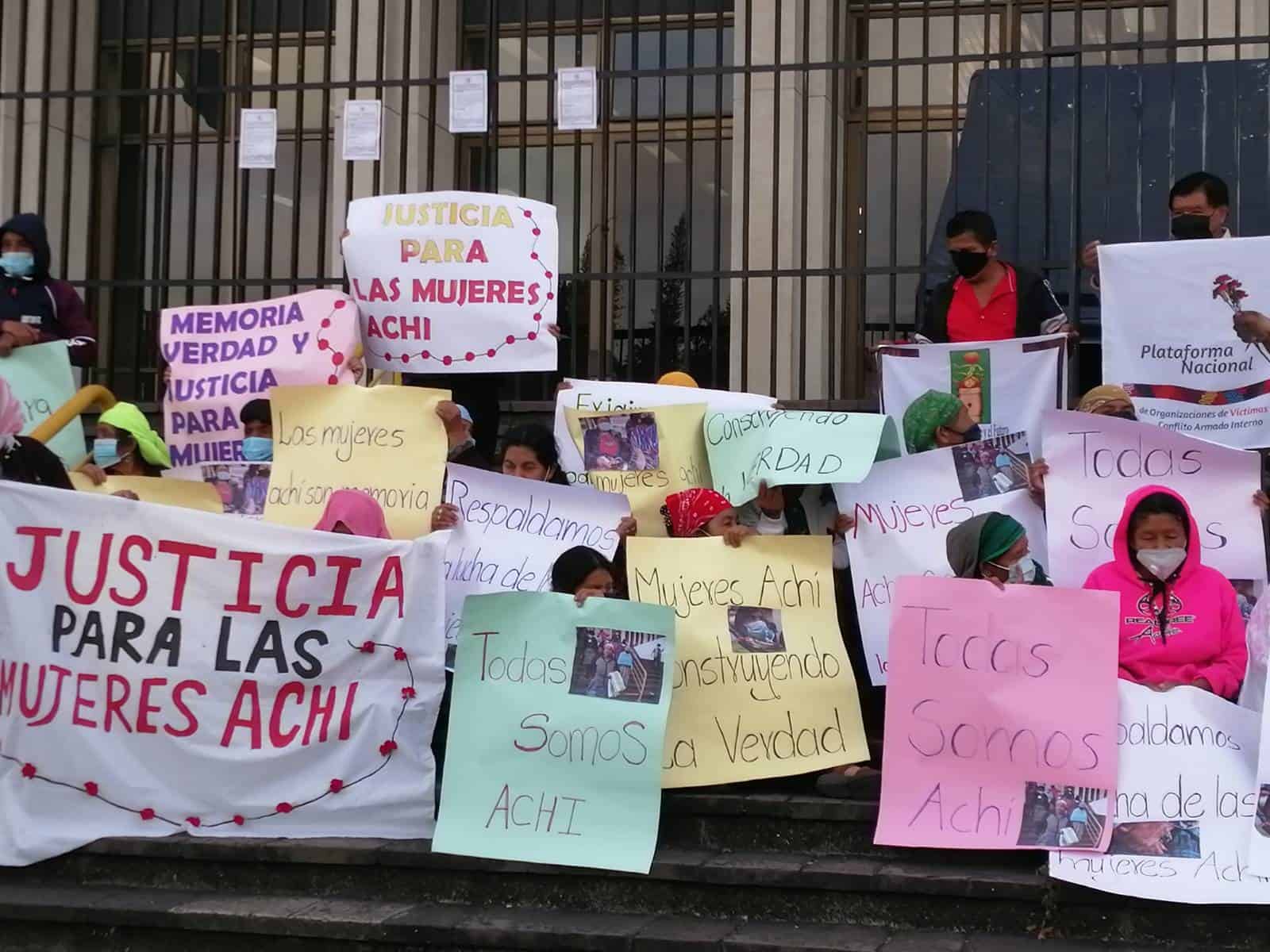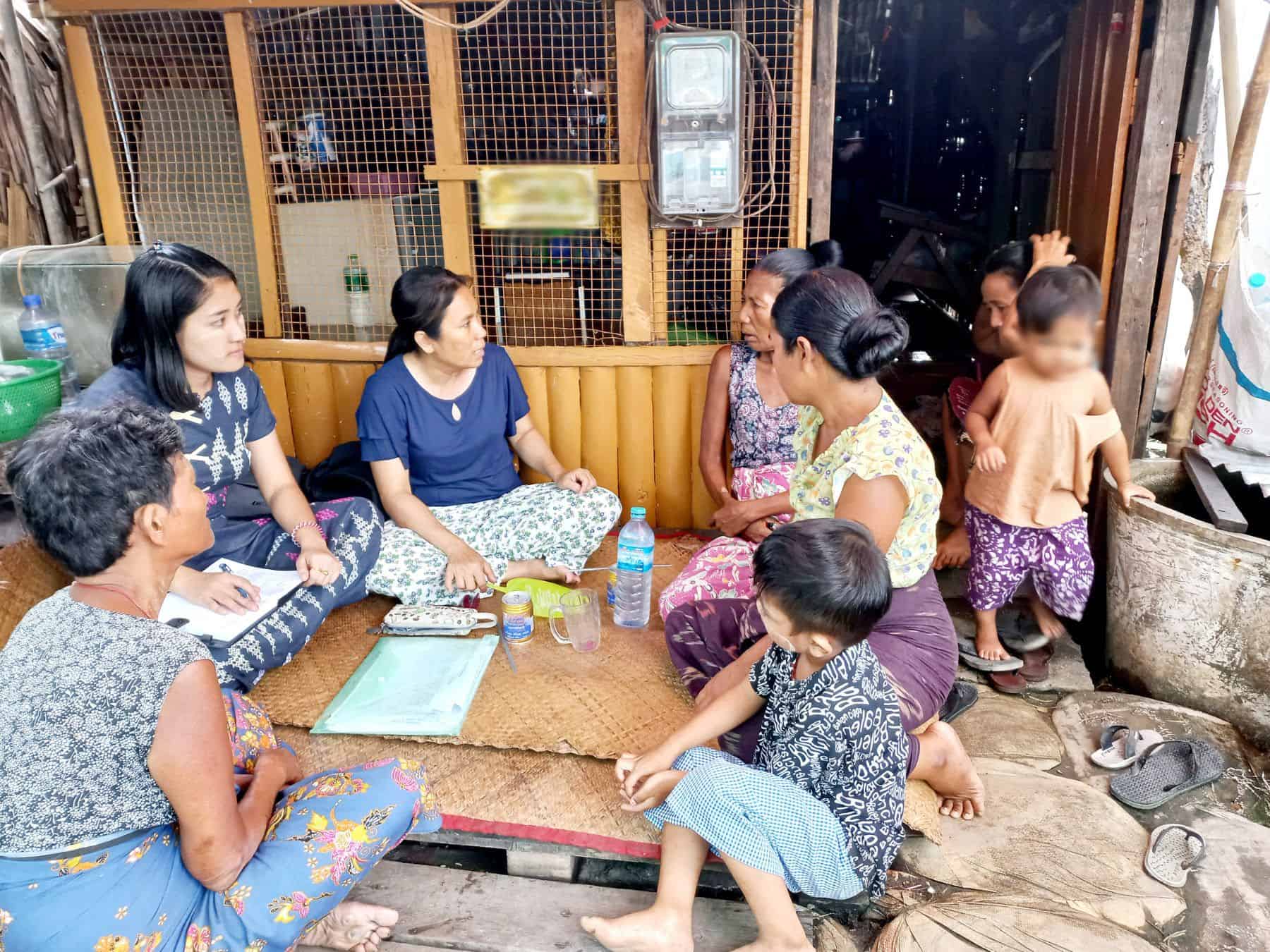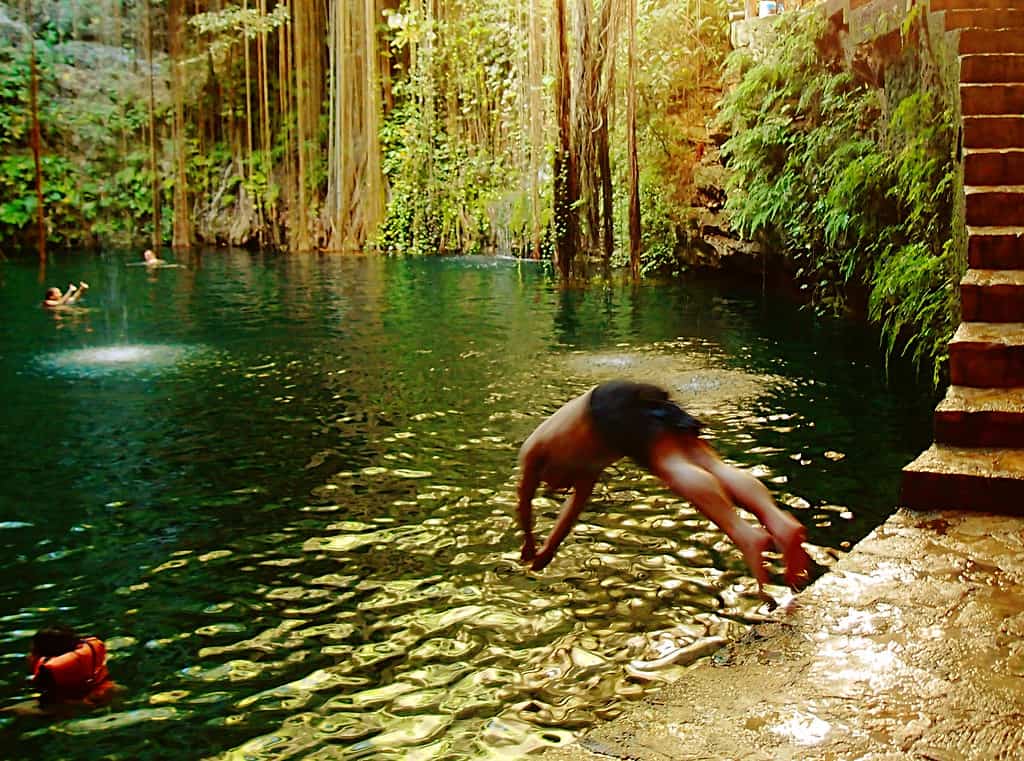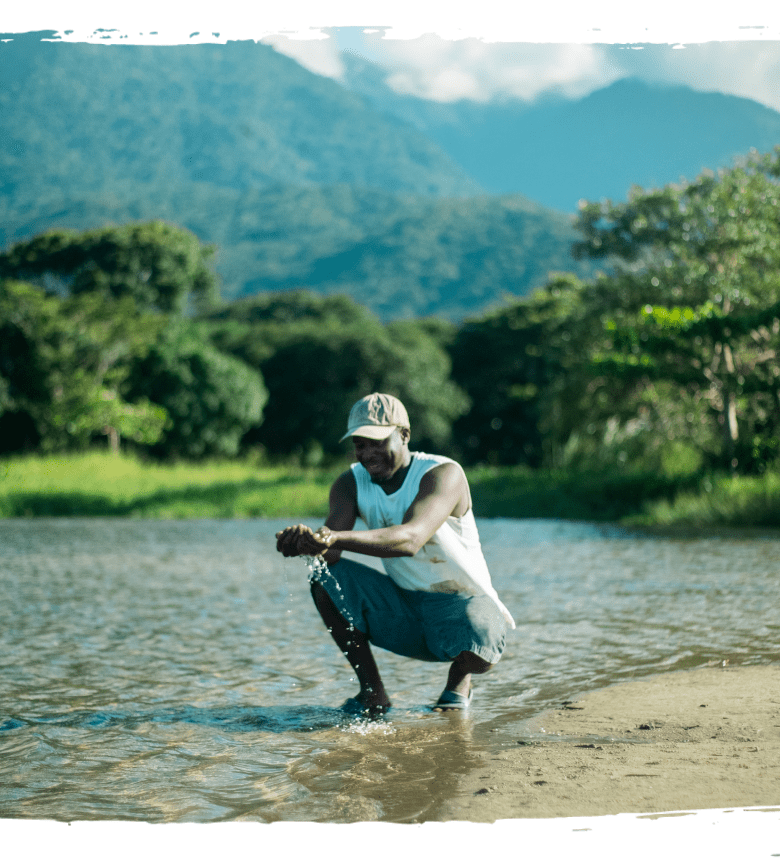Around the world, Indigenous peoples are striving to reclaim their rights and protect vital natural resources. But they face enormous barriers to equality.
Indigenous peoples compose just 5 percent of the world’s population but 15 percent of those living in extreme poverty. The land where they live is home to 80 percent of the Earth’s biodiversity but is often coveted for its rich natural resources by corporations and governments.
For nearly two decades, the Fund has supported courageous Indigenous activists in protecting their ancestral lands, cultural identities, and livelihoods. We also work with groups to amplify Indigenous women’s voices locally and in the larger human rights and climate action movements.
We believe that Indigenous people deserve to lead the preservation of their land, cultures, and livelihoods. And Indigenous activists make an incredible impact. Here are four critical human rights issues where, with the Fund’s support, Indigenous activists are creating systemic change:
VIOLENCE AGAINST WOMEN

Indigenous women are particularly vulnerable to violence. More than one-third of Indigenous women experience rape. Sexual violence is often weaponized against Indigenous women during times of civil conflict or in relation to land grabs.
Indigenous survivors are saying “Enough.” Earlier this year, a group of 36 Indigenous Mayan sexual assault survivors and a legal team led by Indigenous women won a precedent-setting victory and made worldwide headlines. For nearly four decades, they bravely demanded justice for crimes committed during Guatemala’s civil war, receiving legal and psychosocial support from Fund grantees along the way. Their tireless pursuit was realized when former paramilitary members responsible for grievous crimes were given maximum prison sentences of 30 years each.
DEMOCRACY

From voter suppression and restrictions on freedom of expression to the abuse of pandemic measures, the erosion of democracy has become a global trend. A recent analysis found that one-third of the world’s people are living under authoritarian rule.
In Myanmar, where decades of unrest and oppression have eroded many people’s understanding of their rights or ability to access basic services, just having legal paperwork can be a challenge. Through our Legal Empowerment Fund, the Braveheart Foundation and its team of paralegals works with ethnic minorities and Indigenous communities to ensure they are recognized as citizens, opening the door for them to have a voice in their country’s laws and policies.
CLIMATE JUSTICE

Climate justice promotes people-centric solutions that protect both the planet and human rights.
Protecting land and water is second nature to Indigenous activists, who see firsthand how deforestation and pollution impact their communities’ physical and economic well-being. More and more, they are becoming frontline defenders against irresponsible development that lies at the heart of the climate crisis.
In Mexico, with the help of Fund grantee Indignación, an Indigenous Mayan community held off the construction of an industrial pig farm in the Yucatán peninsula that would have threatened their land and two protected water sources. Nearly a third of the peninsula is now covered by pig farms, causing groundwater contamination and the destruction of nearly 11,000 hectares of forest. The group secured a Supreme Court ruling that not only halted this project but also led the government to deny permission for other new farms in the region.
HUNGER

The effects of the COVID-19 pandemic, climate change, inflation, and conflict have combined to deepen a global food crisis. It’s estimated that up to 828 million people are living with hunger.
Many Indigenous people work as small-scale farmers whose methods emphasize sustainable crops and methods. Their traditions and innovations can serve as powerful models for tackling hunger at its roots.
For example, the Afro-Indigenous Garifuna people in Honduras rely on sustainable fishing and farming. For years, Garifuna activists from Fund grantee OFRANEH have resisted industrial and tourism development projects that threaten their way of life and their ability to feed their families. Their leadership was even more critical during the pandemic. Knowing they couldn’t rely on government and international aid, OFRANEH established a system to ensure their communities had enough food. Based on communal eating traditions borne from years of poverty, these ollas communitarias (community pots) were so effective that grassroots groups around the country adopted the model.